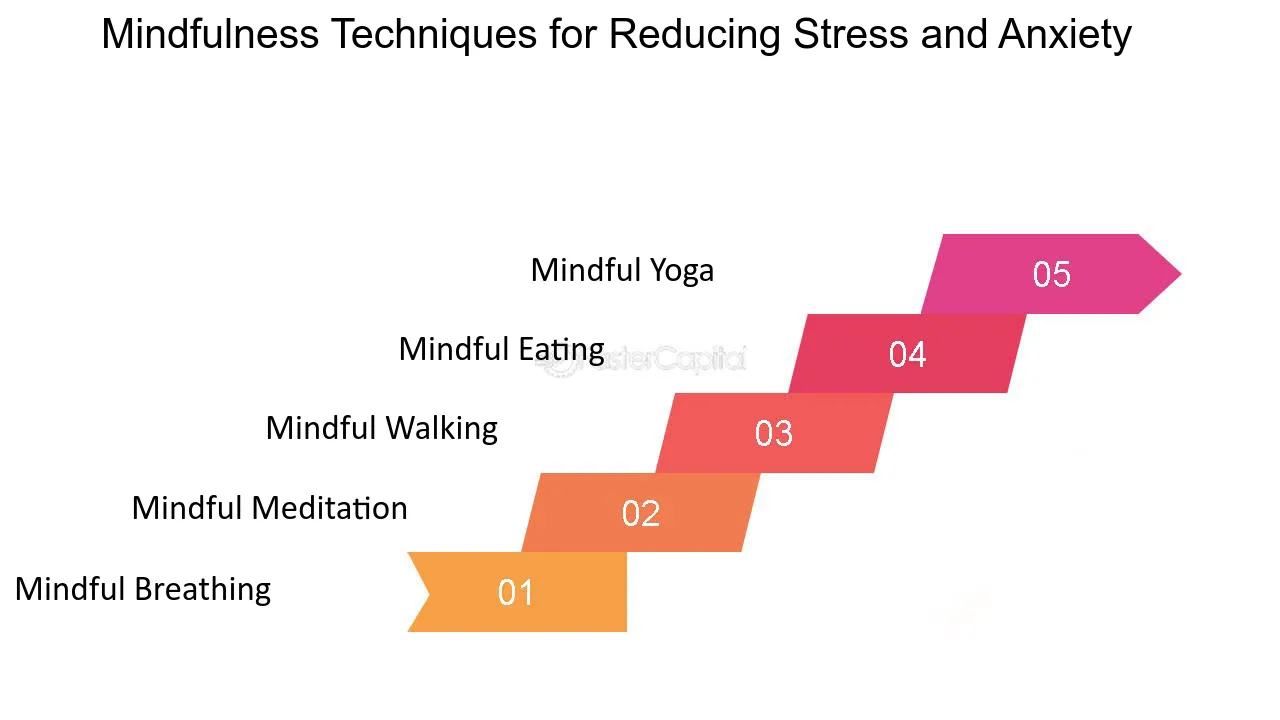In today’s fast-paced world, stress has become an inevitable part of life. Whether it’s work-related pressure, personal relationships, or unexpected challenges, stress can take a toll on our emotional well-being.
However, by practicing effective emotional self-care strategies, we can manage stress more effectively and improve our overall mental health. Here are ten practical strategies to help you nurture your emotional well-being and reduce stress.
Practice Mindfulness:
Mindfulness involves paying attention to the present moment without judgment. By practicing mindfulness, you can reduce stress and increase your ability to cope with challenging situations.
Try to set aside a few minutes each day to practice mindfulness meditation. Focus on your breath, observe your thoughts and feelings without judgment, and allow them to pass without getting caught up in them.
Express Gratitude:
Gratitude has been shown to improve mood, increase happiness, and reduce stress. Take time each day to reflect on the things you’re grateful for. Keep a gratitude journal and write down three things you’re thankful for each day.
This simple practice can help shift your focus from negative to positive, even during challenging times.
Connect with Others:
Social support is essential for emotional well-being. Make an effort to connect with friends, family, and loved ones regularly.
Share your thoughts and feelings with them, and don’t hesitate to ask for help or support when you need it. Spending time with supportive people can help reduce stress and improve your mood.
Set Boundaries:
Setting boundaries is an important aspect of self-care. Learn to say no to things that drain your energy or cause you stress.
Be clear about your limits and communicate them to others. Setting boundaries can help reduce feelings of overwhelm and prevent burnout.
Practice Self-Compassion:
Self-compassion involves treating yourself with kindness and understanding, especially during difficult times. Instead of being hard on yourself, practice self-compassionate self-talk.
Treat yourself as you would treat a friend who is struggling. Remember that it’s okay to make mistakes, and no one is perfect.
Engage in Activities You Enjoy:
Make time for activities that bring you joy and relaxation. Whether it’s reading, gardening, cooking, or spending time in nature, engaging in activities you enjoy can help reduce stress and improve your mood. Schedule regular time for self-care activities and prioritize them as you would any other important task.
Practice Relaxation Techniques:
Relaxation techniques such as deep breathing, progressive muscle relaxation, and guided imagery can help calm your mind and body, reducing stress and promoting relaxation.
Experiment with different techniques to find what works best for you, and practice them regularly, especially during times of increased stress.
Get Regular Exercise:
Exercise is not only good for your physical health but also your mental health. Physical activity releases endorphins, which are natural stress-fighters and mood boosters.
Aim for at least 30 minutes of moderate exercise most days of the week. Find activities you enjoy, whether it’s walking, swimming, yoga, or dancing, and make them a regular part of your routine.
Limit Exposure to Stressful Stimuli:
In today’s digital age, we are constantly bombarded with information, much of which can be stressful or overwhelming.
Set limits on your exposure to news, social media, and other sources of stress. Consider taking regular breaks from technology to give your mind a chance to rest and recharge.
Seek Professional Help When Needed:
If you’re feeling overwhelmed by stress or having difficulty coping, don’t hesitate to seek professional help.
A therapist or counselor can provide support, guidance, and coping strategies to help you manage stress more effectively and improve your emotional well-being.
Conclusion
Taking care of your emotional well-being is essential for managing stress and maintaining overall mental health.
By practicing these ten emotional self-care strategies, you can reduce stress, improve your mood, and build resilience in the face of life’s challenges.
Remember to be patient with yourself and prioritize self-care, even during busy or difficult times. Your emotional well-being is worth it.

Leave feedback about this